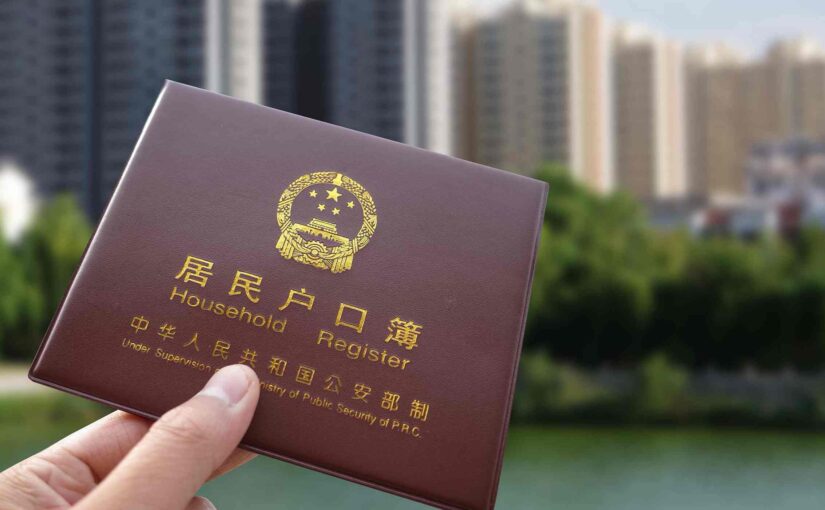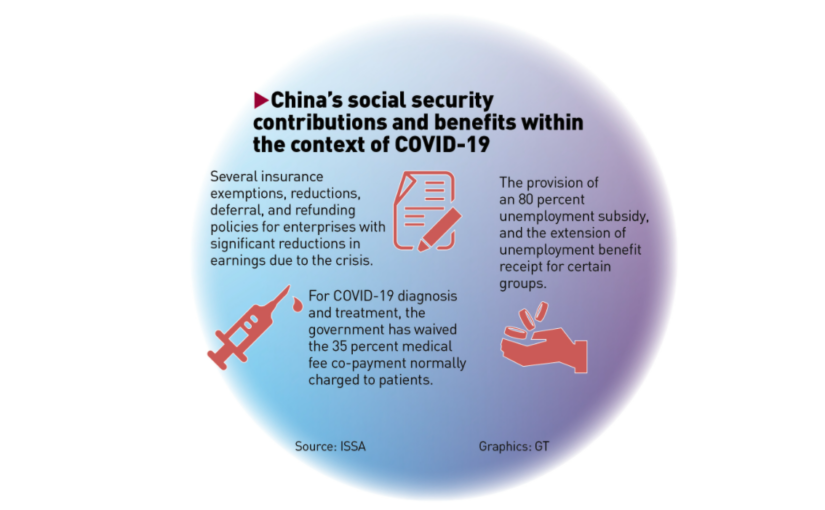In this useful article, republished from China Daily, Keith Lamb provides an overview of the Hukou household registration system and the reasons for the recently-announced plans to reform it. Lamb notes that Hukou was originally introduced in order to prevent uncontrolled urban migration and the accompanying problems (in particular the emergence of slums, which can be found in practically all other recently-industrialized countries). However, the economic and social needs of a modern, increasingly urbanized socialist country require loosening restrictions on household registration and improving the rights and living conditions of people migrating to the cities. As the author observes, “when it comes to building a modern socialist state, inequality in accessing services must eventually, on principle, be transformed into a state of equality.”
China’s National Development and Reform Commission recently announced that the household registration system, popularly known by its Mandarin name Hukou, will be streamlined to encourage urbanization. All cities with a population under 3 million will have Hukou limits removed and registration for an urban Hukou in cities with a population between three and five million will be eased.
The modern Hukou, which reached maturity in 1958, determines who has access to local social amenities, such as education, healthcare and employment. Originally, it was an effective measure that prevented mass internal migration when China had an undeveloped economy based on agricultural production.
Checking mass migration from rural to urban centers prevented slums from building up, which was common in neighboring developing countries. Labor was also paired with the land which was important considering it was the location where the majority of production took place, allowing agriculture to be used in the service of industrialization.
Continue reading When it comes to China’s development, Hukou reform is inevitable

